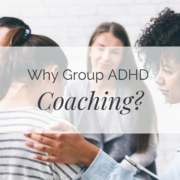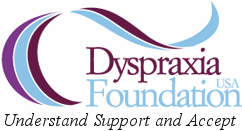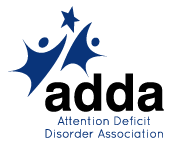Agency and Autonomy in Coaching
Two words the best coaches know: Agency and Autonomy
In our continuing series of co-authored blogs this month, I have teamed up with Heather Bowen Ray, a copywriter extraordinaire at Letswriteyourstories.com. But honestly, to be fair, this one is a guest blog by Heather.
A critical difference between inexperienced and experienced coaches is the ability to put a coaching client in “the driver’s seat,” so to speak.
If the coach is doing all the driving, both coach and client will undoubtedly go somewhere…but when the car stops, is the client really where the client wanted — and needed — to go? Or did the coach take the client somewhere of the coach’s choosing, yet the client remains feeling unseen, unheard, and unfulfilled?
When the client is driving, the client learns not only how to go from one point to another but also how to steer, how to accelerate, how to slow down, and how to avoid obstacles as needed.
It’s a more richly rewarding experience to be coached to “steer your own life” than to be coached that you need help.

Two words come to mind when I think of how the best coaches approach work with clients: agency and autonomy.
- AGENCY: the power we have to steer our lives in the direction we want to go.
- AUTONOMY: responsible control for one’s life.
These concepts indicate respect for clients’ inherent wisdom, growth abilities, and internal “knowing” about what is best for them. This life is, after all, their life!
Shelia absolutely grants her clients this respect.
Three ways Sheila ensures autonomy with her clients include:
- Getting client permission: Sheila always gets her clients’ permission to be coached. Even if a parent refers an ADHD student with low grades to Sheila for coaching, the student must consent to be coached. Sheila helps students vet themselves as candidates for coaching from the outset. Sheila plainly states to her clients that a critical ingredient of coaching is that the person (in this case, a student) must be interested in being coached. If the prospective client says they are not interested or ready for coaching, Sheila will not attempt to coach this student. She may refer out so that the student gets other services as needed (therapy, etc.).
- Listening — really listening — to clients: During each client session, Sheila asks herself, as a coach, the acronym, “W.A.I.T.” This stands for, “Why Am I Talking?” She values listening to the client over hearing the sound of her voice. She also loves giving her clients the attention they need to be good thinkers and being interested in what her clients have to say about themselves.
- Respecting client decisions about the ultimate destination: Regarding establishing and reaching specific goals, Sheila respects her clients’ paths and choices. Even if their goal is not aligned with what she would choose for you, she guides you where you want to go. That’s the mark of a wise and experienced coach.
Living our lives with agency and autonomy is preferred. These powerful allies make us feel more capable and confident. We learn to challenge ourselves.
We learn that when we fail, we can catch ourselves, pick ourselves up, and take responsibility to keep growing. These lessons are especially vital for people who are neurodiverse.
And best of all, when we reach important milestones, we do so knowing that we’ve gotten ourselves to those points — with the guidance of an excellent coach and co-pilot.
Agency and autonomy are words that all of the best coaches know. Getting there is only half the value of coaching, only half the fun.

Big Bang Coaching, LLC provides coaching for the neurodiverse.











